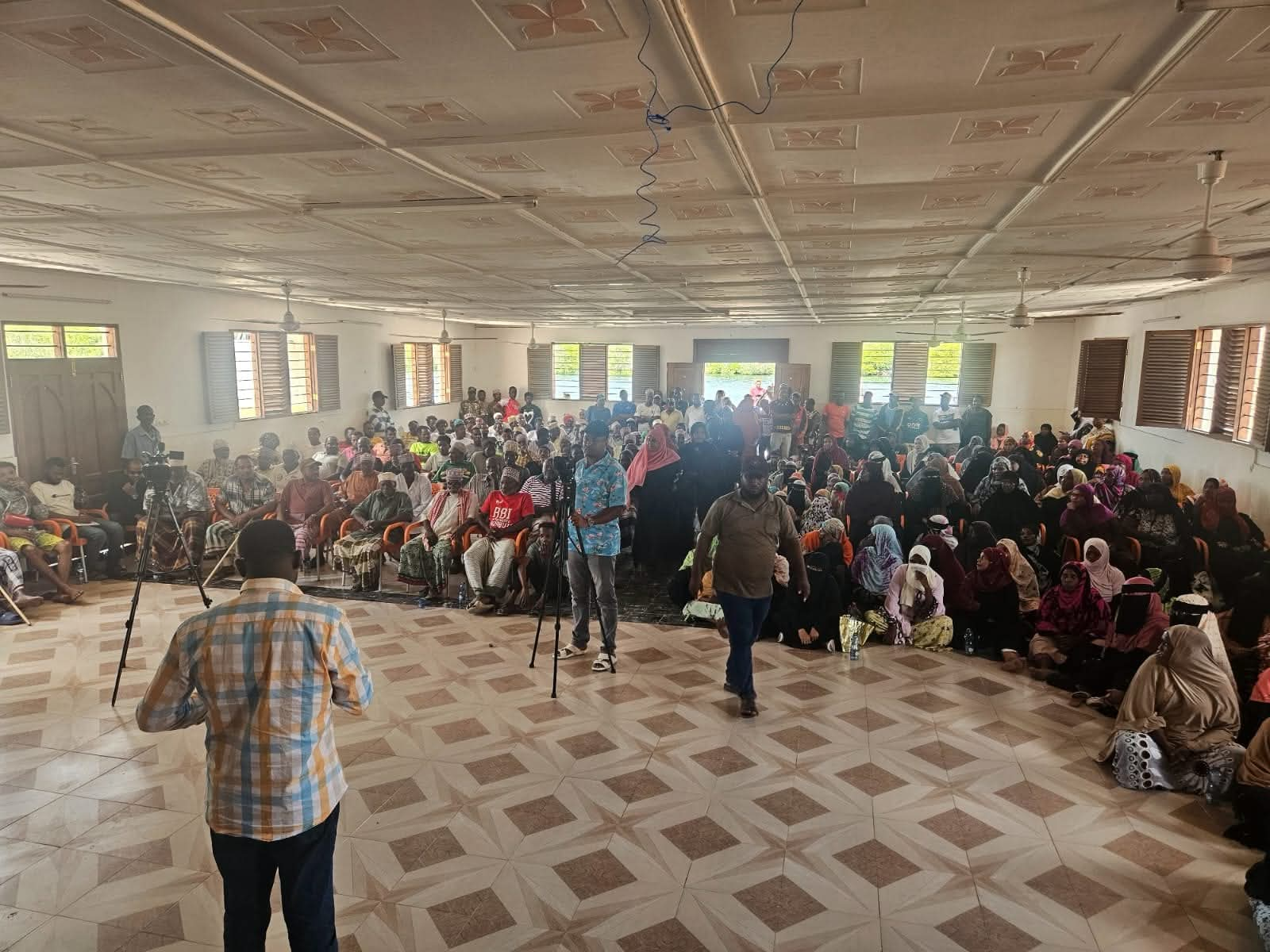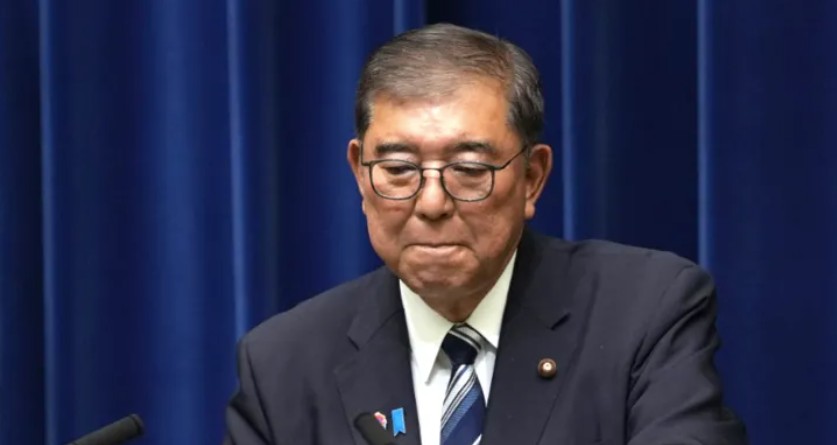Labour court orders Moi University to withdraw redundancy letters issued to staff

Justice Maureen Onyango found that the university acted in bad faith by issuing the letters while court-facilitated talks were still underway, and despite assurances that no such action would be taken before those talks concluded.
The Employment and Labour Relations Court has ordered Moi University to revoke all redundancy letters issued to lecturers and non-teaching staff in May, ruling that the move was premature and violated mandatory consultation procedures with workers’ unions.
Justice Maureen Onyango found that the university acted in bad faith by issuing the letters while court-facilitated talks were still underway, and despite assurances that no such action would be taken before those talks concluded.
More To Read
- MPs question Moi University over Sh7 million gate and stalled multi-million projects
- Moi University strike enters third week as lecturers allege dismissal threats
- Moi University lecturers demand Sh9 billion in arrears to end strike
- Moi University struggles with declining students' enrolment, unpaid salaries
- Moi University assures students of continuity amid looming UASU strike
- Oparanya faults counties for SACCO liquidity crisis, says non-remittance crippling operations
“The court finds that the letters of redundancy were issued in bad faith, when the court had sent the parties to carry out further consultations and after counsel for the respondent assured the court and the other parties that they were not going to issue any letters before the return date given by the court,” Justice Onyango said in her July 11 ruling.
“It is my finding that in this case, the respondent (Moi University) declared the employees redundant before meaningful consultations were held. It is on record that the Claimants (the unions) moved with speed after receiving notification of redundancy to engage the Respondent in consultations.”
Redundancy notices
In May, Moi University issued redundancy notices to 120 members of the Universities Academic Staff Union (UASU) and 390 members of the Kenya Universities Staff Union (KUSU), citing financial strain and a sharp drop in student enrolment.
The university explained that its student population had fallen from about 50,000 to 20,000, prompting the closure of campuses in Kericho, Kitale, Nakuru, and Odera Akang’o. Affected staff were reassigned to the main campus.
To support its case, the university presented an Auditor General’s report showing a 30 per cent cut in government funding—from Sh3.44 billion to Sh2.43 billion—and argued that redundancy was a lawful way for institutions in crisis to meet their contractual obligations.
However, Justice Onyango emphasised that financial distress does not exempt an employer from adhering to the law.
She clarified that while the court is not opposed to retrenchment, any redundancy process must follow the Employment Act, including clear notice periods and specific details.
“An open-ended notice is not a valid notice as the unions and their members had no clue when the redundancy letters would be issued,” she ruled.
Lawful process
She further directed that if the university chooses to pursue a new redundancy process, it must do so lawfully and ensure affected employees receive all entitlements under Section 40(1) of the Employment Act.
Opposing the university’s decision, UASU lawyer Titus Koceyo argued that Moi University was already operating below its approved staffing levels. Of the authorised 1,148 lecturers, only 816 are currently employed.
Koceyo warned that further staff cuts would worsen the workload on remaining staff and violate the student-to-staff ratio standards set by the Commission for University Education.
He also informed the court that the university and unions had previously signed a Return to Work Formula to guide a financial recovery strategy, but Moi University had failed to honour the agreement.
UASU told the court it had requested critical information to enable effective consultation on the layoffs, but the data was only shared on May 30, after redundancy letters had already been sent.
In her ruling, Justice Onyango concluded that Moi University is at liberty to initiate a fresh redundancy process, but only in full compliance with legal requirements.
Top Stories Today













































